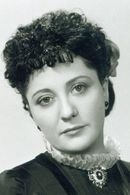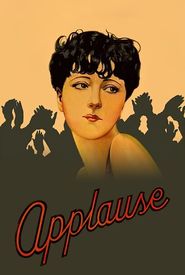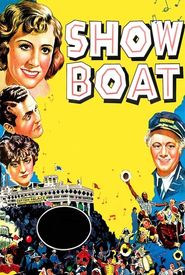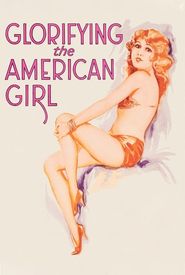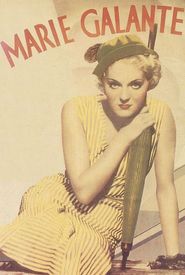Helen Morgan: The Original Torch Singer
Born on August 2, 1900, in humble surroundings, Helen Morgan's life was marked by tragedy and her music was characterized by its deep, dusky voice and poignant lyrics. She grew up in Chicago, working various blue-collar jobs before pursuing her passion for music as a cabaret singer. Morgan's talent and unique voice quickly gained her recognition, and she soon became a fixture on Broadway, performing in shows such as the George White Scandals and studying music at the Metropolitan Opera.
Morgan's voice was unlike any other, with a haunting quality that seemed born to weave tales of sadness and lament. Her performances were often marked by her trademark scarf, which she used to disguise her nerves. Her music resonated with the Prohibition-era gangsters, who bankrolled her clubs and made them popular, if not frequently raided.
Morgan's greatest success came in the late 1920s with her iconic role as Julie in the musical "Show Boat," introducing standards like "Can't Help Lovin' Dat Man" and "Bill." She also starred in the musical "Sweet Adeline" in 1929, introducing the beloved song "Why Was I Born?"
Despite her success, Morgan's personal life was marked by struggles with marriage, emotional instability, and addiction. She tried to sober up in the 1930s, but her health continued to decline, and she died of liver cirrhosis in 1941 at the age of 41.
Morgan's legacy lived on, and her life was immortalized in a 1957 film, "The Helen Morgan Story," starring Ann Blyth and featuring Gogi Grant's vocals. While Judy Garland may have become the more famous musical icon of despair, Helen Morgan was the original, and her music and story continue to captivate audiences to this day.
